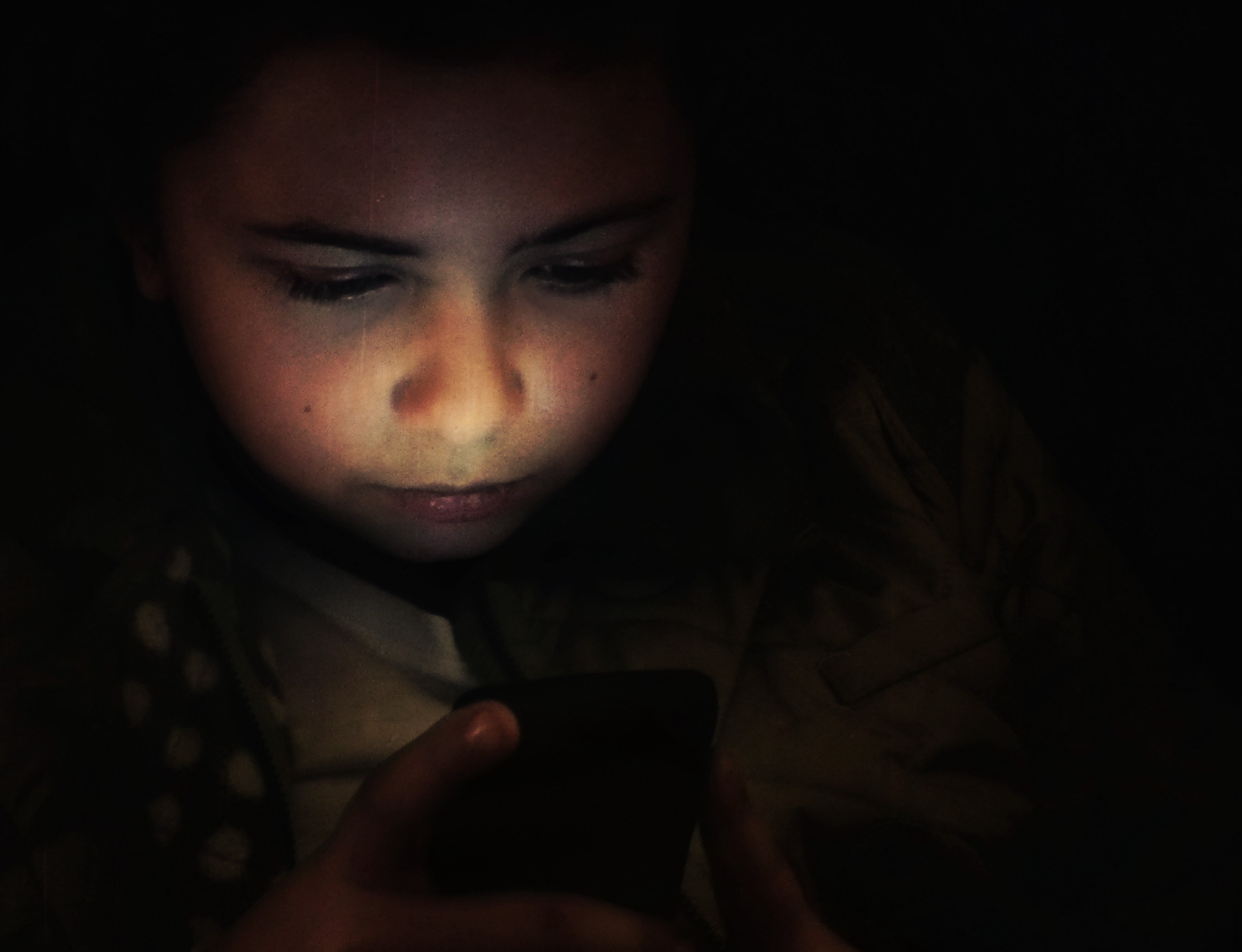Stories about how fun and leisure have changed the world
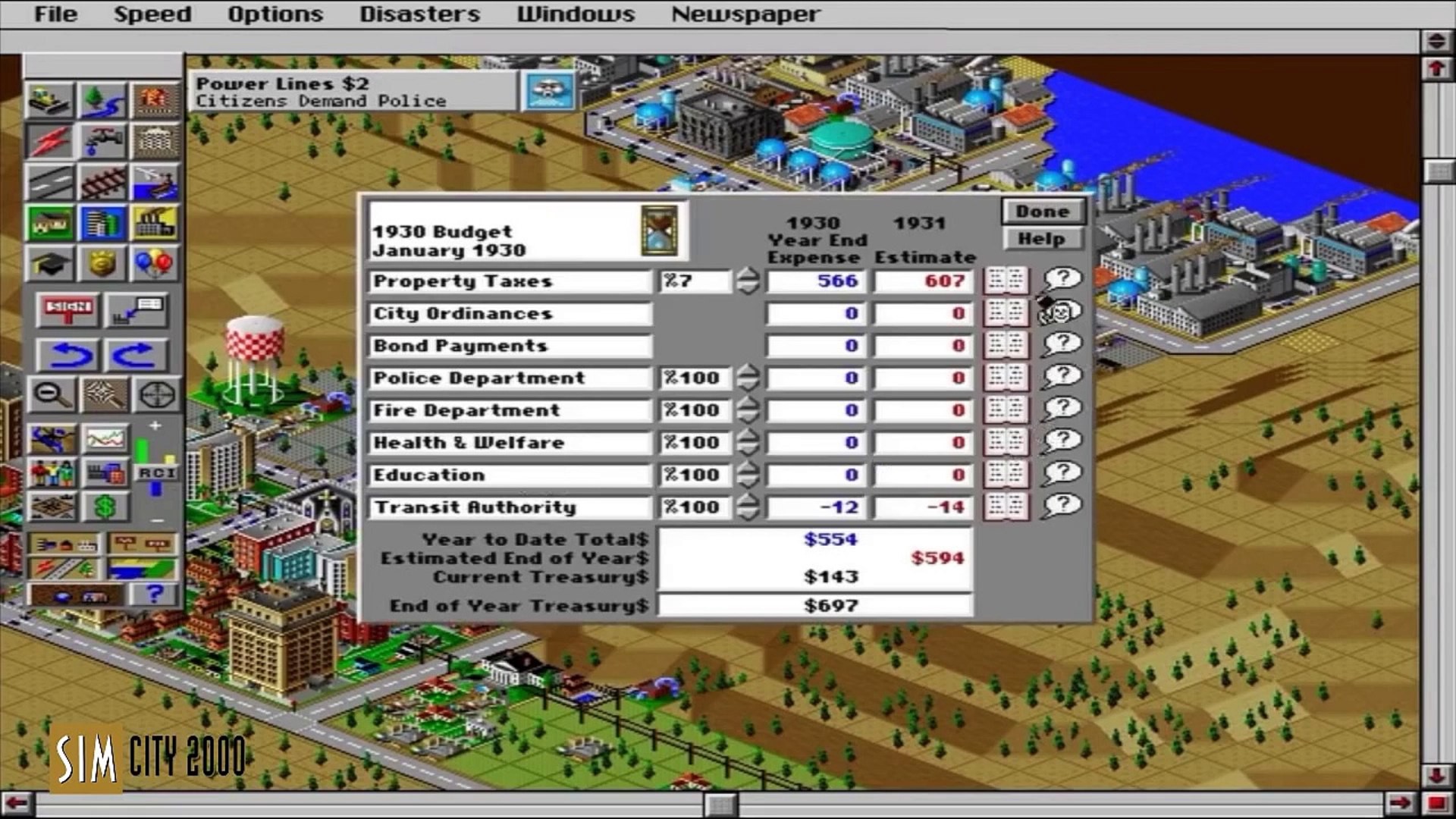
Playing Games with Life
Games, as a medium, are somewhat unique in that playing them can also simultaneously be an invitation to experience a simulation of power.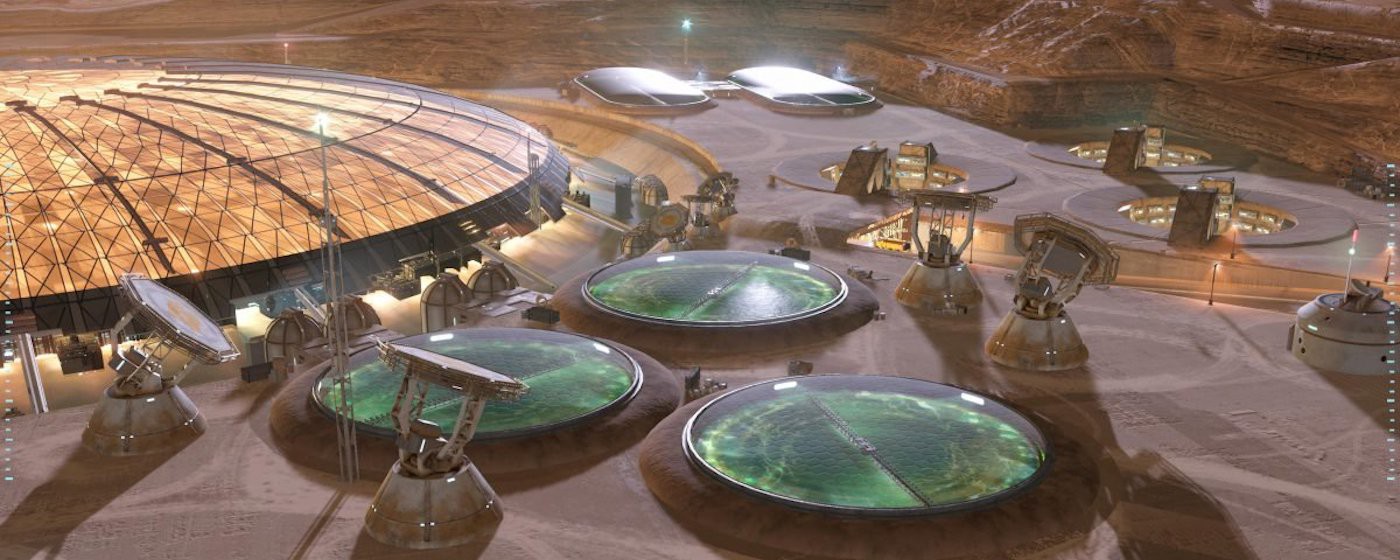
NASA Turns to Games For A New Generation of Space Art
NASA spent the 20th century asking illustrators to imagine the future of space exploration. To inspire a new generation of engineers, scientists, and astronauts, they are turning to games developers.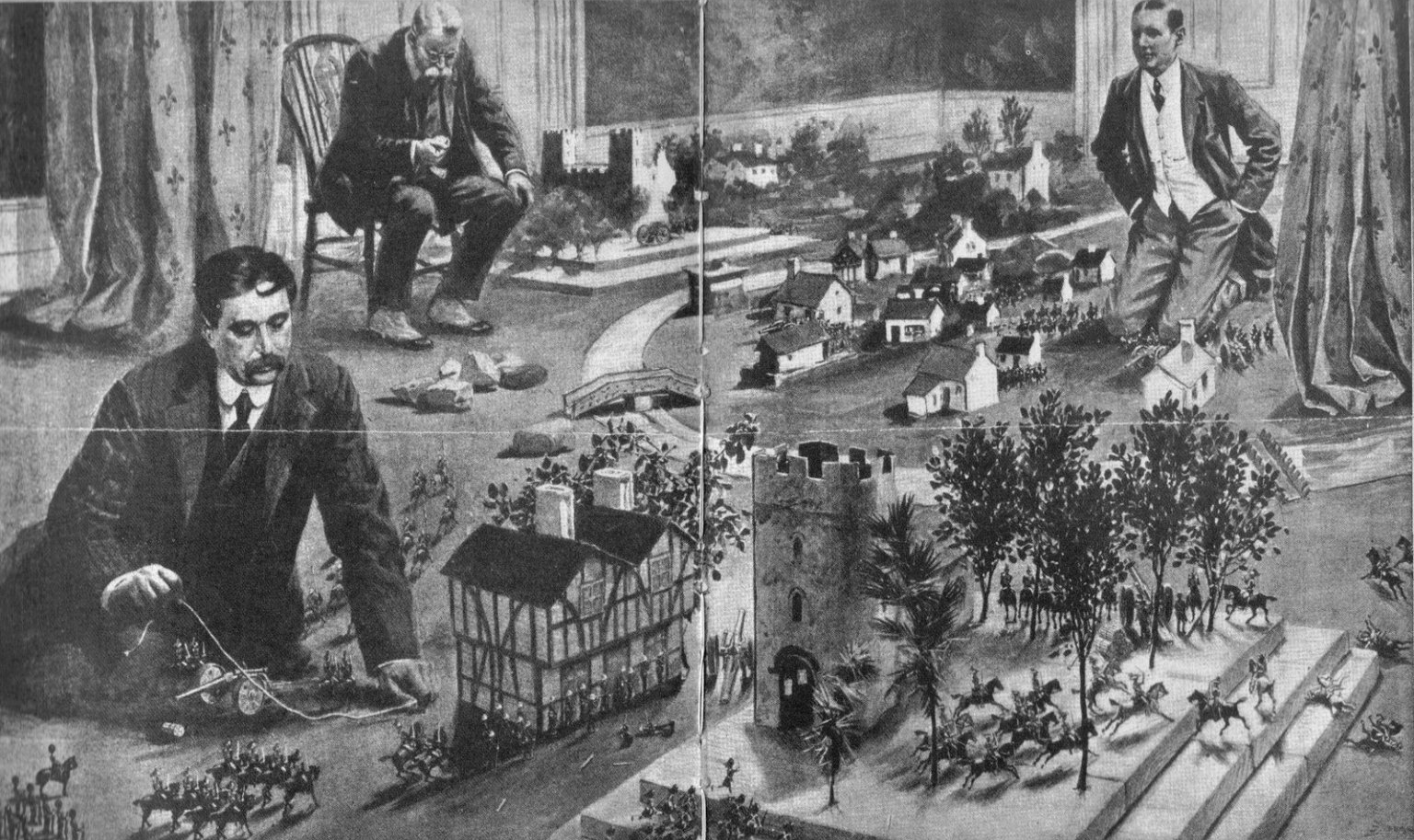
War-Gaming for Peace
Politicians, generals, and NGOs around the world regularly play through “war games.” But, increasingly, these games aren’t simulating war-they’re simulating how to keep the peace.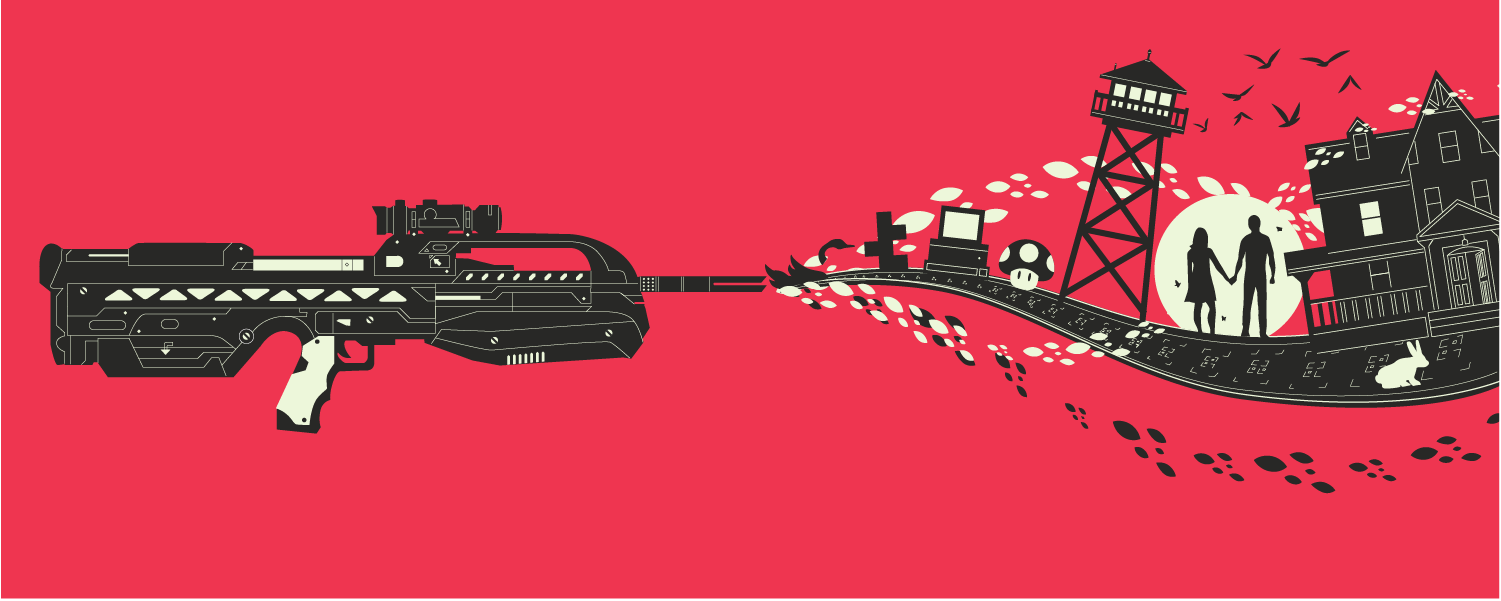
It’s Time For a New Kind of Power Fantasy
Games can–and must–offer different definitions of fantasy, including fantasies of safety and peace.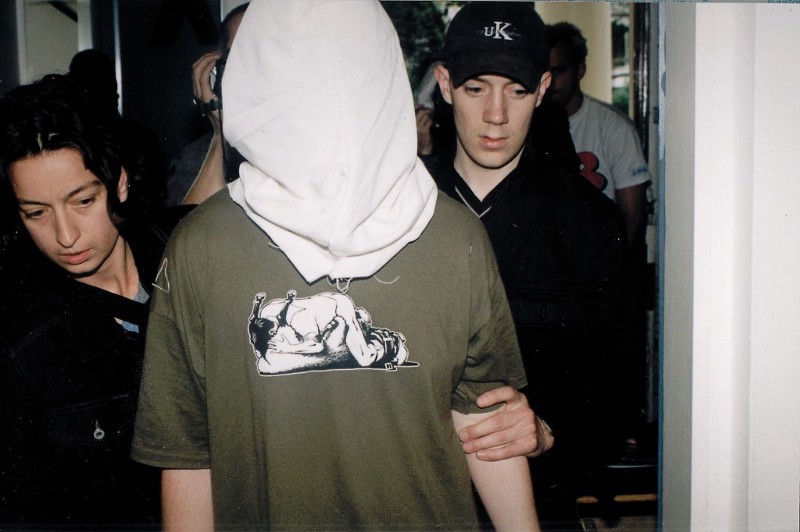
Games Can Help Us Understand Power
Blast Theory designs games that play with our moral boundaries.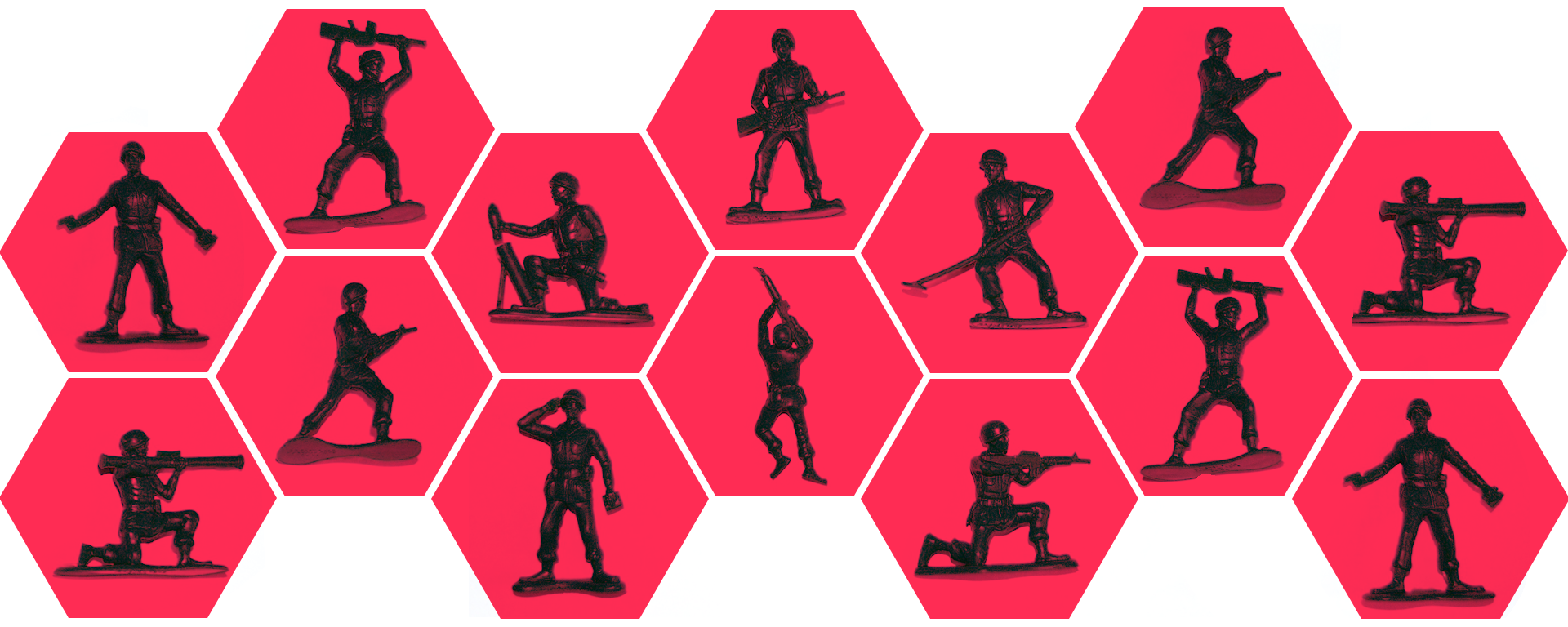
Wargaming Needs New Recruits to Save Lives
Simulating combat through play has an important history–but its future in the era of computer simulations is uncertain.
The Uneasy Blurring of Work & Play
Your time is their money–and you may feel that your moments are being sold too cheaply.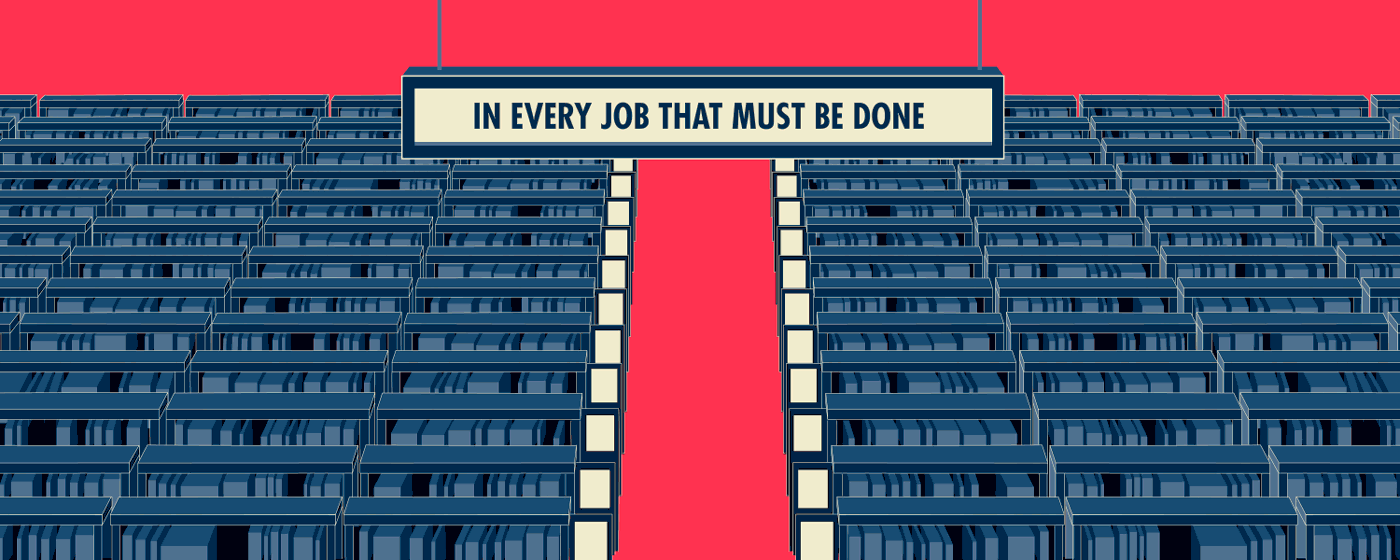
Was Gamification a Terrible Lie?
Turning work into play was sold as a miracle for increasing productivity–but was that ever really plausible?
Games as a Path to Self-Care
Neuroscientific research has found that playing games can offer players therapeutic value.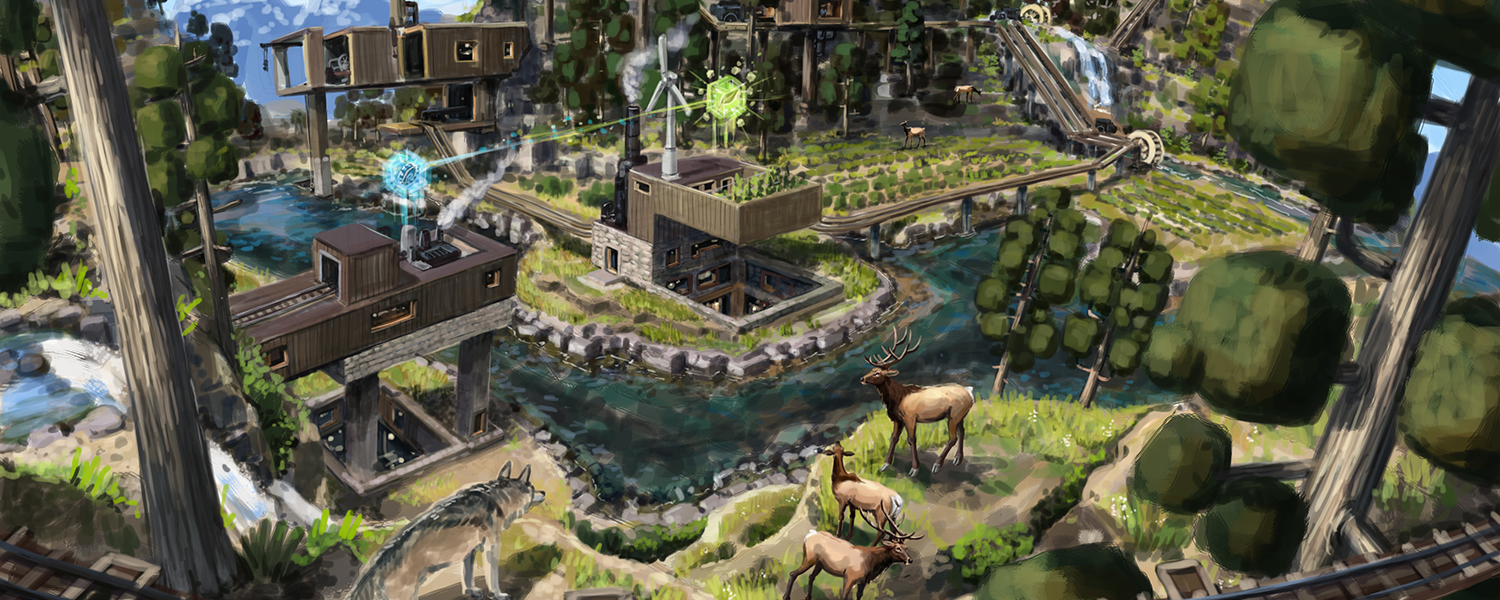
Serious Games Finally Find Their Fun
Games often struggle to marry play with purpose–but a new wave of indie titles hits the sweet spot.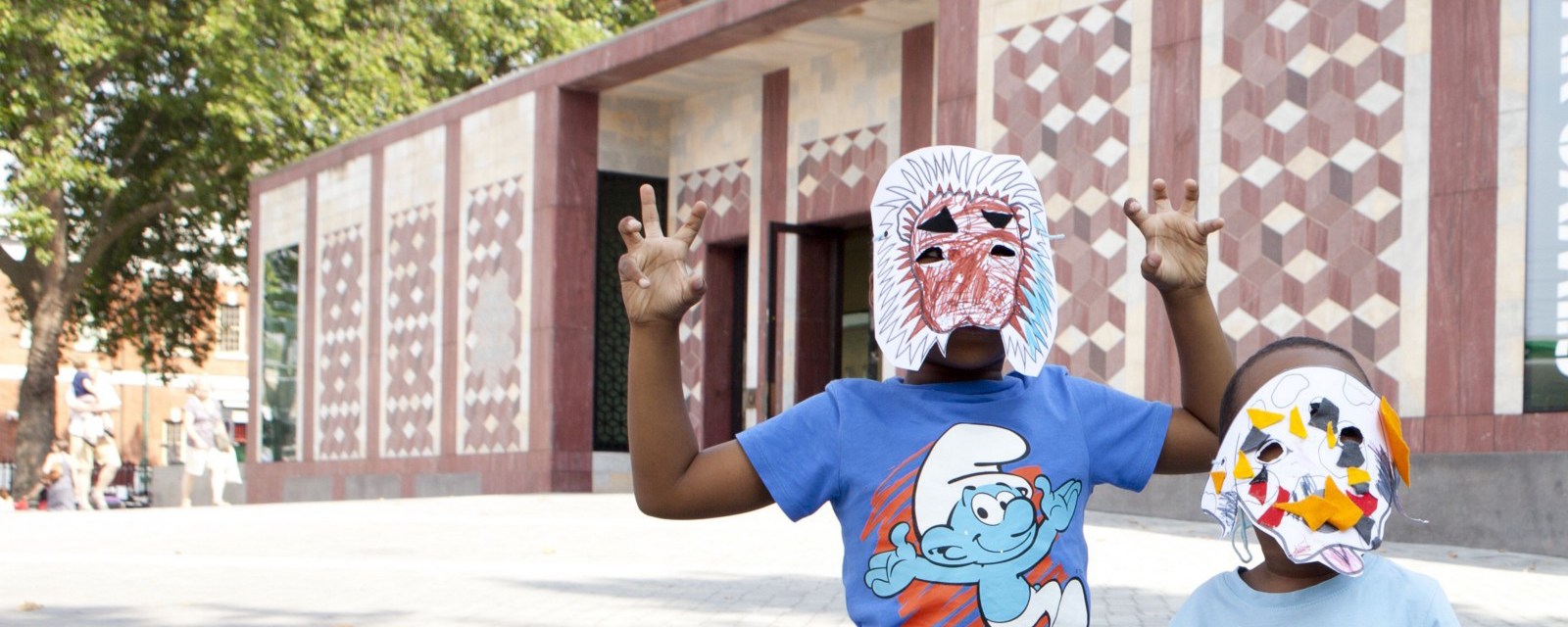
The World Has a Playground Deficit
The benefits of play for children are immense–yet too many of the world’s cities lack even basic infrastructure for it.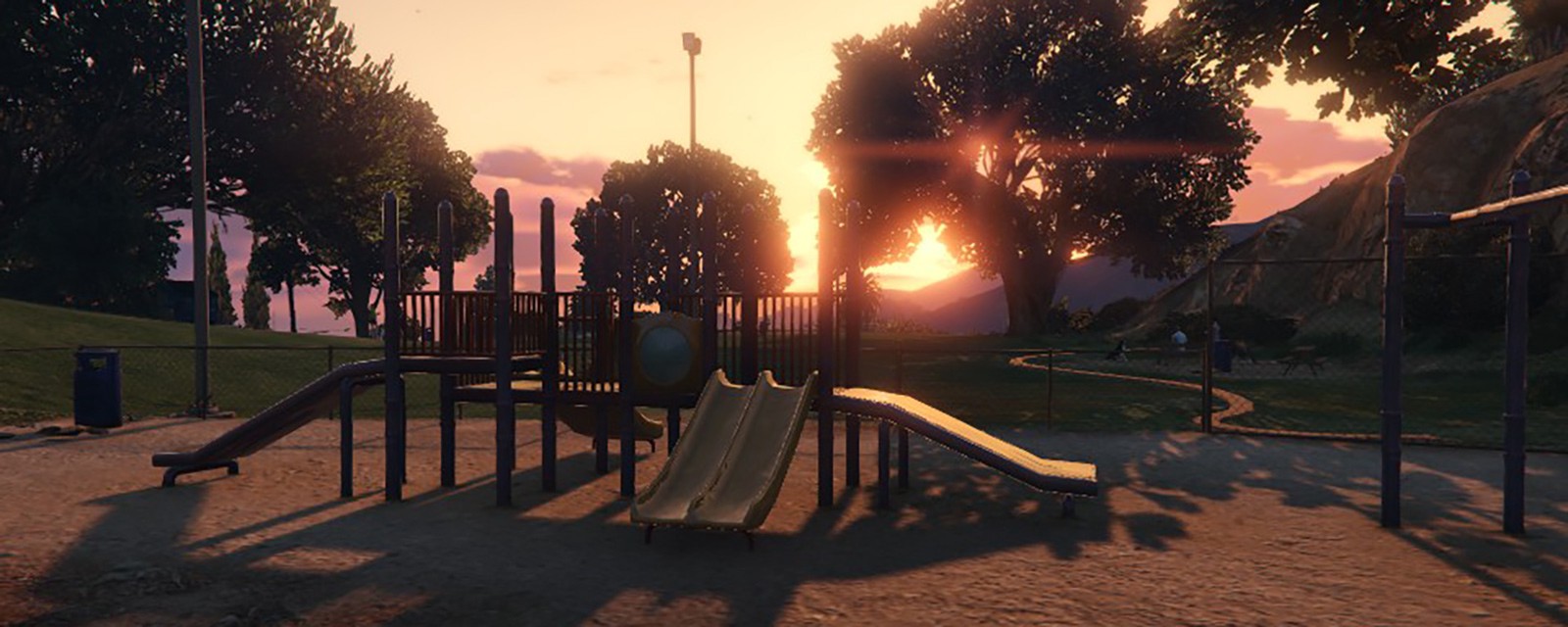
Games Are a Playground for Artificial Intelligence
Play is one of the primary ways humans learn new skills and abilities–and the same applies to AI.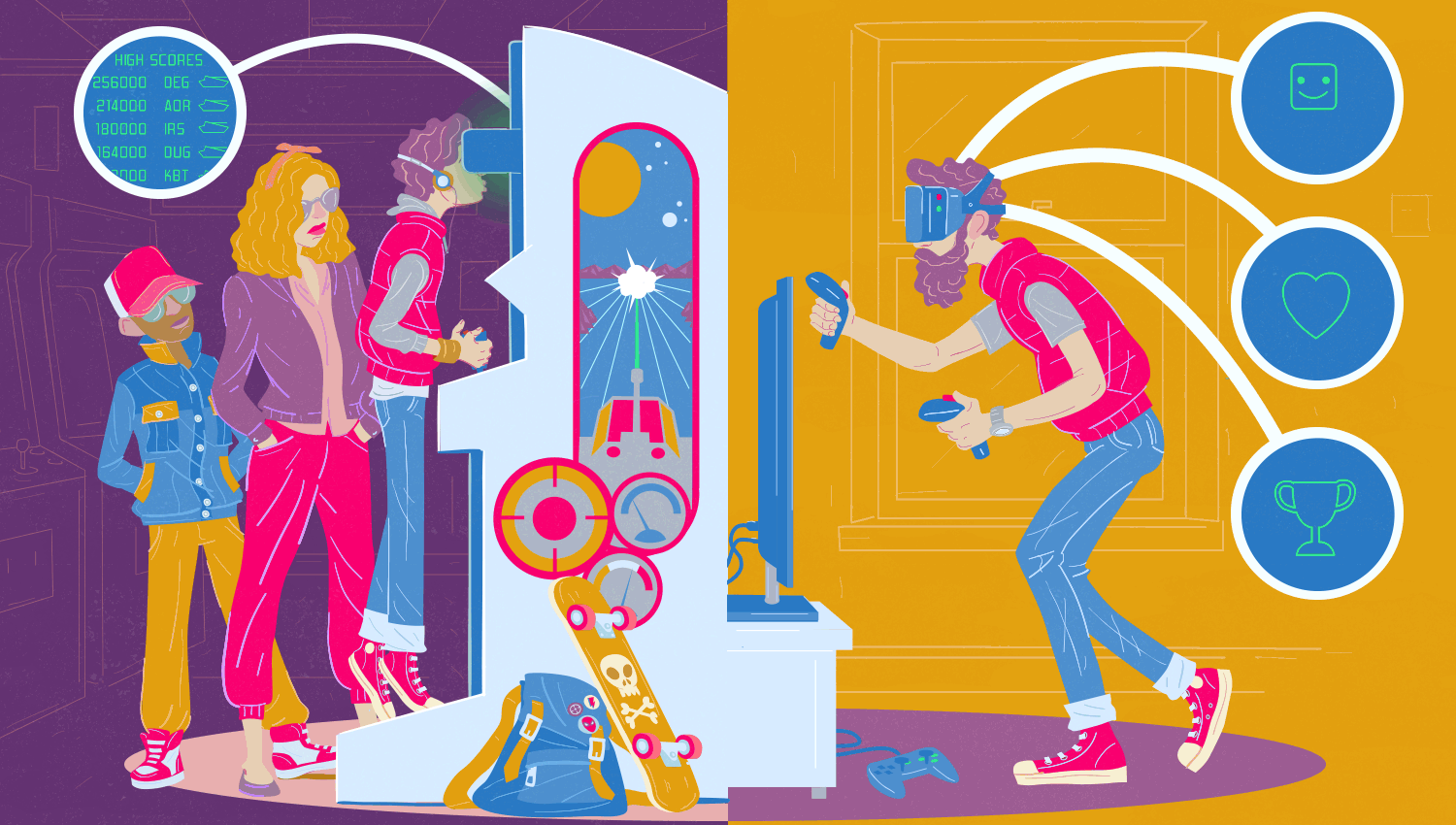
The Power of Play: A Reading List
A crash course on how fun and leisure can change the world
5 Simulations For Showing How the World Works
These computer simulations let you experiment with the hidden factors that shape everything around us.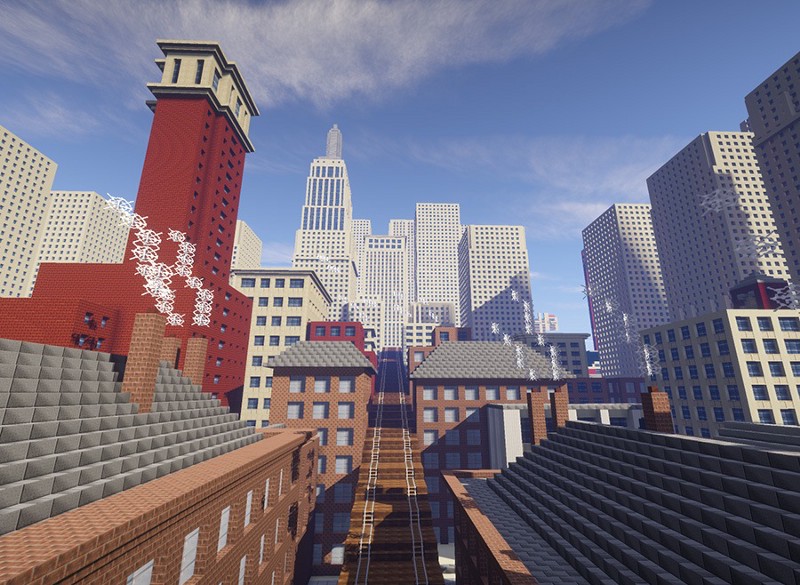
Art Remade for Minecraft
Mixing videogames and art.